By Gabriel Axel for U.S. NewsI began my journey as an aspiring neuroscientist determined to understand the basis of what makes us human. What was our most fundamental essence that allowed us to be, express, and function in all the wondrous ways that we do? I knew the answer had to lie in the brain, the most complex and mysterious organ in the body and the one that held the most promise for unearthing the origin of our unique species. I toured universities in the U.S. and Europe, studying and conducting research looking for answers. I devoured every piece of knowledge I studied, mesmerized by the wonders of the brain.
I was looking for consciousness itself. I realized after some time, however, that consciousness itself was not to be limited to being found in the brain. All human endeavors that have ever reached greatness -- from elite athleticism and creative genius to humble expressions of grace through service -- have touched a deep strand of humanness, lodged within the metaphorical heart. As amazing as the brain was, I knew that consciousness -- this essence for which I was searching -- had to be lived and directly experienced.
I wanted some activity I could incorporate regularly that would help me develop physically, mentally, and emotionally, and also touch this ineffable essence itself. My busy schedule of study and research at the time did not allow for simultaneously doing various workouts and activities to these ends, so I set the intention of finding a single activity that would address these needs together. This was the pivotal moment when I found yoga. Yoga struck a deep chord in me. There were marked increases, both immediate and long-term, in physical strength and flexibility, mental calm and overall peace both inside and outside the actual practice. I was hooked.
Neuroscience has repeatedly demonstrated the capacity of the brain to rewire itself through experience, known as neuroplasticity. In a practical sense this means that every moment of experience creates grooves in the landscape of the brain, which then affects the way we relate to the minds and bodies of ourselves and others, as well as to the environment around us. The good news is that a changeable brain is a hackable brain -- in other words, by understanding some of the rules of brain function, it is possible to learn how to use its capacities more effectively in order to deliberately bring about positive change.
I discovered along the path that this deliberate act is part and parcel of yoga. Yoga is a scientific technology that harnesses the innate capability of the body as a vehicle for transformation. It is a technology, a human art, purposefully crafted to serve as a tool for maximizing the health and potential of the human being. Yoga has been popularized by its physical aspects, which are an integral component of the larger science of yoga. The system as a whole, which includes techniques that address many aspects of the human being, works the brain and nervous system in a synchronized and harmonious manner. The techniques are manifold, but they are based on core principles. These can be unpacked in a digestible manner using exercises that improve fitness and well-being if appropriately applied.
Yoga starts as the process of harnessing the brain's capacities and naturally evolves into the art of living well. As negative habits, patterns, and influences within ourselves and from the outside are progressively dropped in favor of more sustainable ones, yoga can become a way of life -- it becomes not about what we do, but how we do things. The principles of yogic science and brain science mesh together to create a blueprint for transformation. There is tremendous power in combining a technology that has stood the test of thousands of years of human evolution with a rigorous science of the most complex and fascinating organ in the human body.
These fascinating discoveries have moved me to the degree that I have felt compelled to share them. In this post we have focused on why we can and ought to be interested in this subject. In upcoming posts, you can look forward to exploring together principles that dovetail the insights of brain and yogic sciences into sets of techniques tailored for growth and that can be applied to your daily life and fitness routine. Together, we will practice with the brain in mind.



